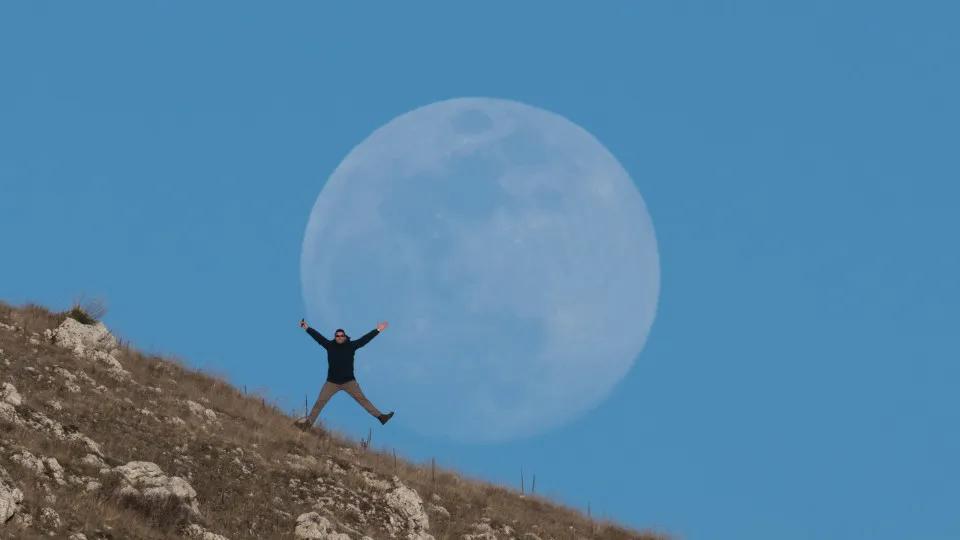For centuries, the Moon and its effect on humans has been at the center of mythology and folklore around the world. And to this day, there are many common beliefs about how the Full Moon and the lunar cycle can influence everything from sleep quality to mental health. While many of these beliefs have been dismissed by modern medicine, studies have shown that there may be some truth to a few of them.
Curious? Click on to discover what researchers have discovered about the Moon’s effects on the human body and behavior.



